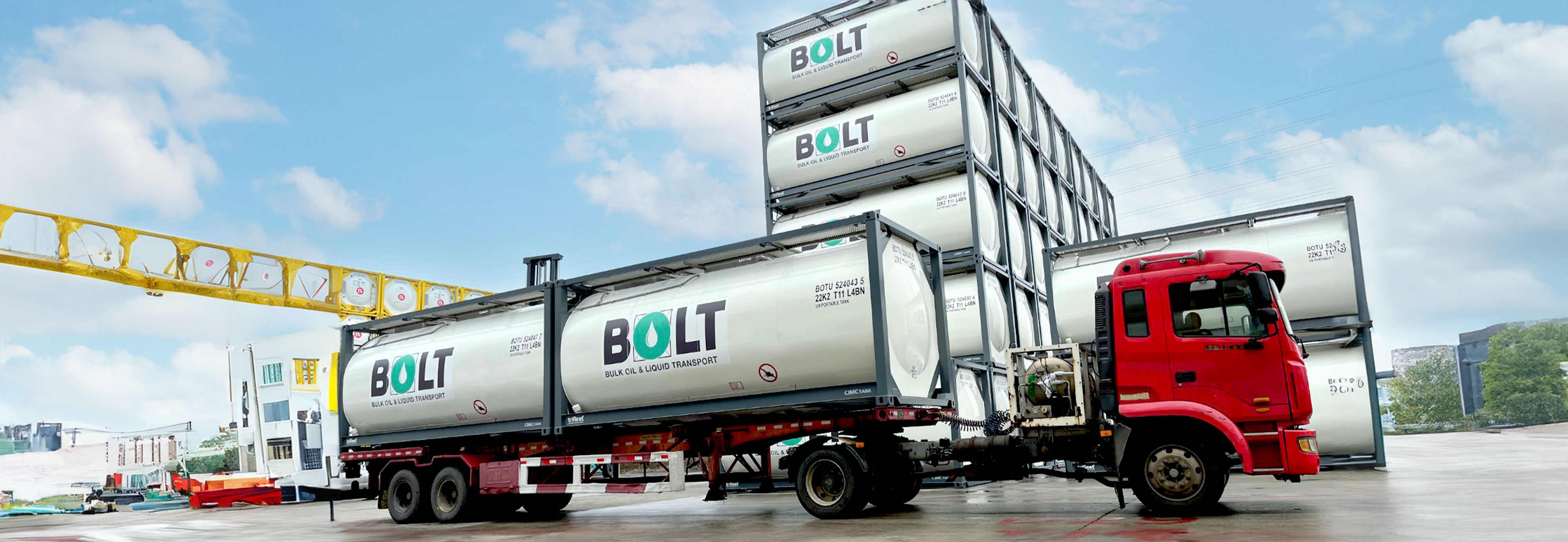Introduction: The chemical industry plays a vital role in the global economy, providing essential materials for countless sectors, from pharmaceuticals to manufacturing. Given the often sensitive, hazardous, and high-value nature of chemical products, the industry faces unique challenges in logistics and supply chain management. Safe, efficient, and compliant liquid logistics solutions are critical to supporting this complex ecosystem. This article delves into key insights that chemical manufacturers and distributors should consider when choosing liquid logistics solutions.
- Safety Standards and Compliance: A Non-Negotiable Priority
In liquid logistics for the chemical industry, safety is paramount. Transporting hazardous chemicals demands strict adherence to national and international regulations, such as the International Maritime Dangerous Goods (IMDG) Code, REACH (Registration, Evaluation, Authorisation, and Restriction of Chemicals) in the EU, and OSHA (Occupational Safety and Health Administration) guidelines in the U.S.
To ensure safe transit, chemical manufacturers should look for logistics providers who specialize in ISO tanks designed for chemical compatibility. T11 and T14 ISO tanks are popular choices for the industry because of their versatility and compliance with international standards. Selecting tanks that meet rigorous safety standards can prevent costly incidents, protect the environment, and uphold reputational integrity.
Pro Tip: Work with logistics providers who prioritize compliance training for their staff, as well as routine safety audits and inspections for their equipment.
- Minimizing Risk Through Compatibility and Tank Selection
Choosing the right tank for the right chemical is crucial for risk mitigation. Compatibility between the tank material and the chemical product is essential to prevent corrosion, contamination, or hazardous reactions. For instance, stainless steel ISO tanks (like the T11) are suitable for transporting a wide range of chemicals but may not be compatible with substances containing high levels of chlorine, which can cause corrosion.
An in-depth understanding of tank codes, material compatibility, and special requirements (such as temperature-controlled or pressure-regulated tanks) helps ensure that products maintain their quality and integrity throughout the logistics process.
Pro Tip: Always confirm compatibility with your logistics provider and, if needed, consult a material specialist to prevent any risk of chemical degradation or tank damage.
- Operational Efficiency and Cost Control in Chemical Logistics
The chemical industry faces pressure to optimize costs while maintaining high safety standards. Efficient logistics solutions can play a significant role in minimizing costs related to warehousing, transport, and compliance. Partnering with a provider that uses advanced route optimization, fleet tracking, and performance analytics can improve cost efficiency while reducing the carbon footprint of transportation.
Additionally, modern logistics providers often offer smart containers with real-time monitoring capabilities, allowing shippers to track tank pressure, temperature, and location. These capabilities enable proactive problem-solving, reduce the risk of spoilage, and increase transparency across the supply chain.
Pro Tip: Look for logistics providers with a proven track record of cost efficiency and technology-driven solutions to ensure smooth, affordable transit that meets all necessary safety standards.
- Sustainability in Chemical Logistics
Sustainability is increasingly important for chemical manufacturers, as regulatory bodies and consumers alike push for environmentally responsible practices. Choosing ISO tanks that are reusable, easy to clean, and compatible with sustainable materials is a step towards greener logistics. Additionally, adopting eco-friendly practices, such as optimizing routes to reduce emissions and using tanks that meet the latest environmental standards, can contribute to a company’s sustainability goals.
By selecting logistics partners that prioritize sustainability, chemical manufacturers can reduce their environmental impact and appeal to stakeholders who value corporate responsibility.
Pro Tip: Partner with logistics providers that offer comprehensive sustainability programs, including emissions tracking and initiatives to reduce environmental impact.
- The Future of Technology in Chemical Logistics
Digitalization is transforming logistics in the chemical industry. Logistics providers are increasingly adopting technologies like Internet of Things (IoT), Big Data, and Blockchain to improve operational transparency and efficiency. Smart tank containers, equipped with IoT sensors, allow for real-time monitoring of key parameters such as temperature, pressure, and location, reducing the risk of product damage or spoilage during transit.
Blockchain is another technology set to impact the chemical supply chain, providing an immutable record of transactions and enhancing security in international logistics. This is especially valuable for high-value or sensitive chemical shipments that require a clear chain of custody.
Pro Tip: Invest in digital logistics solutions that integrate seamlessly with your ERP systems for enhanced visibility and better decision-making.
- Emerging Trends and Market Demands in Chemical Logistics
As global demand for specialty chemicals grows, so does the need for logistics solutions that can handle these unique requirements. Additionally, Just-in-Time (JIT) inventory practices are increasing in popularity, driving the need for faster and more flexible logistics services. With the expansion of markets in regions like Southeast Asia, the demand for reliable and efficient chemical transport solutions continues to rise, making agile logistics providers invaluable to chemical manufacturers.
Pro Tip: For companies expanding into emerging markets, consider logistics providers with regional expertise who can help navigate local regulations and optimize transit times.
Conclusion
Effective logistics solutions are fundamental to success in the chemical industry. By prioritizing safety, selecting compatible tanks, investing in technology, and committing to sustainability, chemical manufacturers can not only ensure product integrity but also enhance operational efficiency and reduce costs. Working with a logistics provider that understands these unique needs can make all the difference in optimizing supply chain performance.
With a young, technology-driven fleet of ISO tanks, BOLT is dedicated to supporting the chemical industry with safe, efficient, and compliant logistics solutions tailored to meet evolving market demands. Click below to learn more about how our T11 and T14 ISO tanks can support your business goals and contribute to a sustainable, future-ready supply chain.

